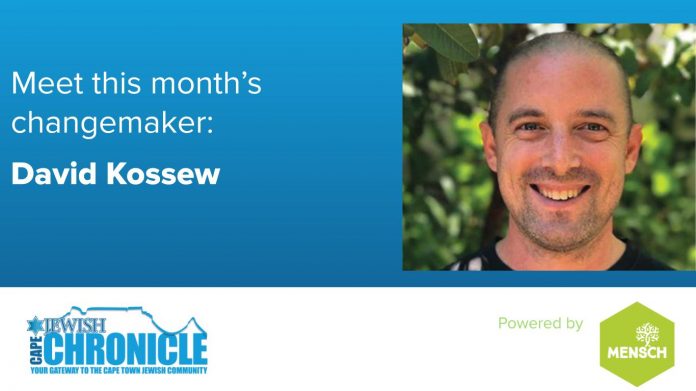‘The #MeToo movement’, ‘Rape Culture’, ‘Toxic Masculinity’, ‘#MenAreTrash’, ‘#AmINext’.
If you are a man feeling confused, fearful or even unsafe around what these terms embody and what’s happening right now in South Africa, and you want to know what you can do — then great, this is for you!
If you don’t know these terms, then I urge you to look them up. It only takes a few clicks and internet searches to find out. You can also read the current South African news about men raping and murdering women (femicide) to learn more. But this comes with a trigger warning. Be prepared to be horrified and outraged. I know I was.
Even though it may seem like it, these atrocities are not committed by some ‘creature’ who crawls out of the swamp, does his deed and then disappears never to be seen again. It is men from all walks of life, across all cultural and racial groups and across all classes that sadistically abuse their power for sexual gratification, control and dominance. Yet behind the mask of the ‘hero’ these men have deep-seated insecurities about being ‘man enough’.
“I haven’t done anything”. “This is about those other men”. “What about man-on-man violence?” “Why do I feel like any words that come out my mouth could now get me labelled as sexist or a misogynist?”, “But what about the falsely accused?” These are examples of things you may say or ask. The problem is this doesn’t help, it misses the point and only fuels women’s justified anger. When President Ramaphosa addressed the march outside parliament on 5 September, he opened his address with “I know what you are all going through”. Women in the crowd were furious at hearing this, and felt cheated. It is not possible for a man to truly know what it’s like to experience this as a woman.
As a man, you are part of the problem even if you aren’t the problem — but you are very much the problem if you choose to do nothing. So, what could you be doing? Here are 5 things:
Work on yourself, educate yourself, develop emotional intelligence, grow your self-awareness, be responsible, and hold yourself to account for your own behaviour and actions.
When women talk to you about this listen to them with interest, empathy, compassion and without judgment, and learn how to hold space. Don’t explain or justify or argue or rescue or fix. Just listen. Say thank you. Then think about what you can do differently.
Show some leadership. Find yourself a mentor and take a stand when needed. Use your power to protect, not to persecute. This means courageously confronting other men who act inappropriately towards women, one-on-one, and often when in groups. This can be a daunting task. I know, I’ve been there. Talking from experience, expect to have your credibility undermined, to be mocked and ridiculed, possibly even exiled from the clan. Men will stop with their sexist remarks, jokes and behavior, when instead of getting laughs and increased status every time this goes unchallenged, their status in the group gets lowered every time.
Be a present, conscious father and/or a role-model for boys and young men. This means modeling solid boundaries, especially around consent and around relationships. Teach boys about feelings, that it is okay to cry, to ask for help when they need it. That vulnerability is really strength, that they can go through life feeling they belong. Tell them that you love them and that you are proud of them. When these boys grow up into men the world will be a safer place.
Join or form a men’s group with like-minded individuals and skillfully support each other to be better fathers, husbands, sons and brothers; to bring about the changes you want to see in the world. Margaret Mead said, “Never doubt that a small group of thoughtful, committed citizens can change the world; indeed, it’s the only thing that ever has.”
If you’re already doing some, or all of these things, then consider volunteering your time to organisations that are making a difference in this space to help other men, and to help mentor boys who would otherwise have no powerful, authentic, positive male role-models in their lives.
To download a PDF of the Chronicle for October, click here
To read the editor’s column this month, titled ‘Why we need more difficult females’ click here
To read the most read story online in September, click here











